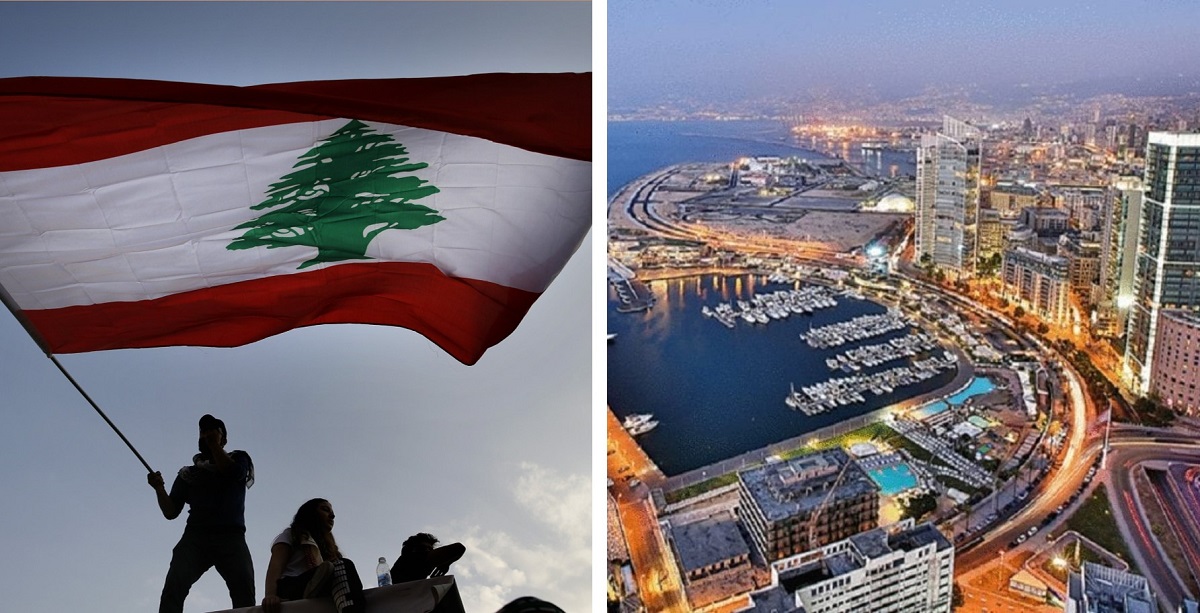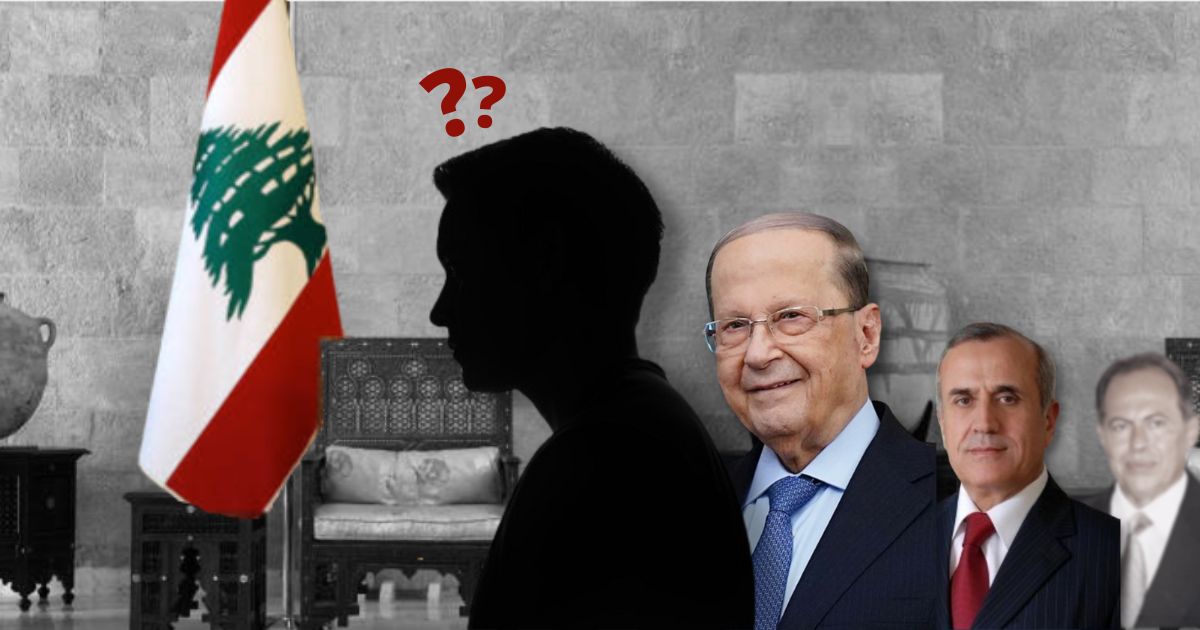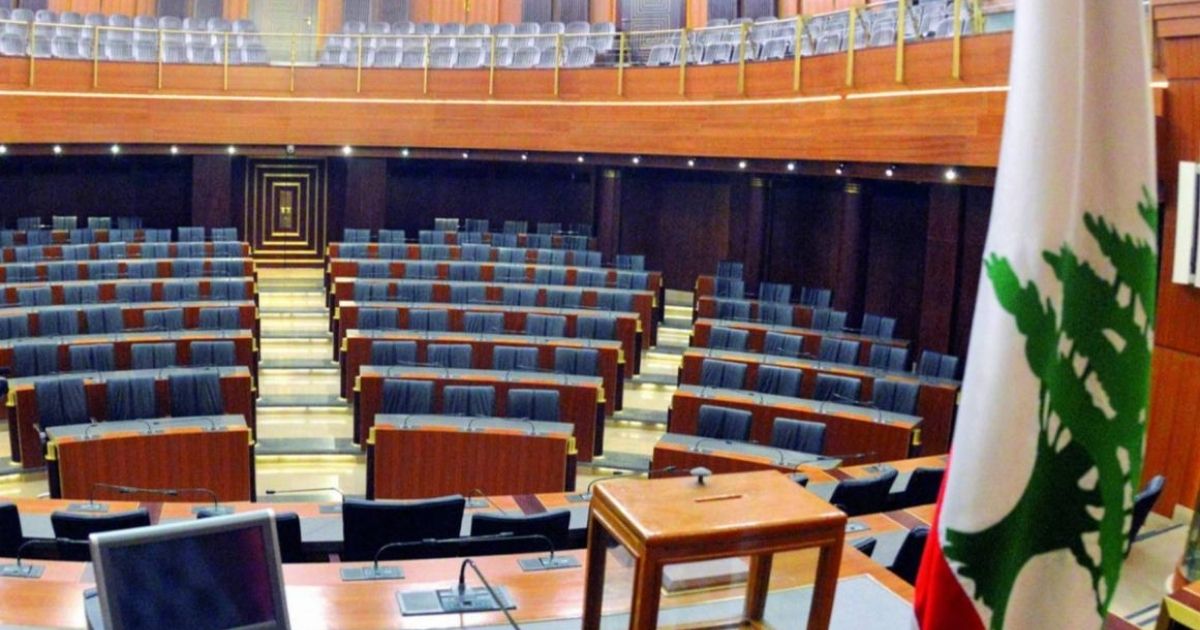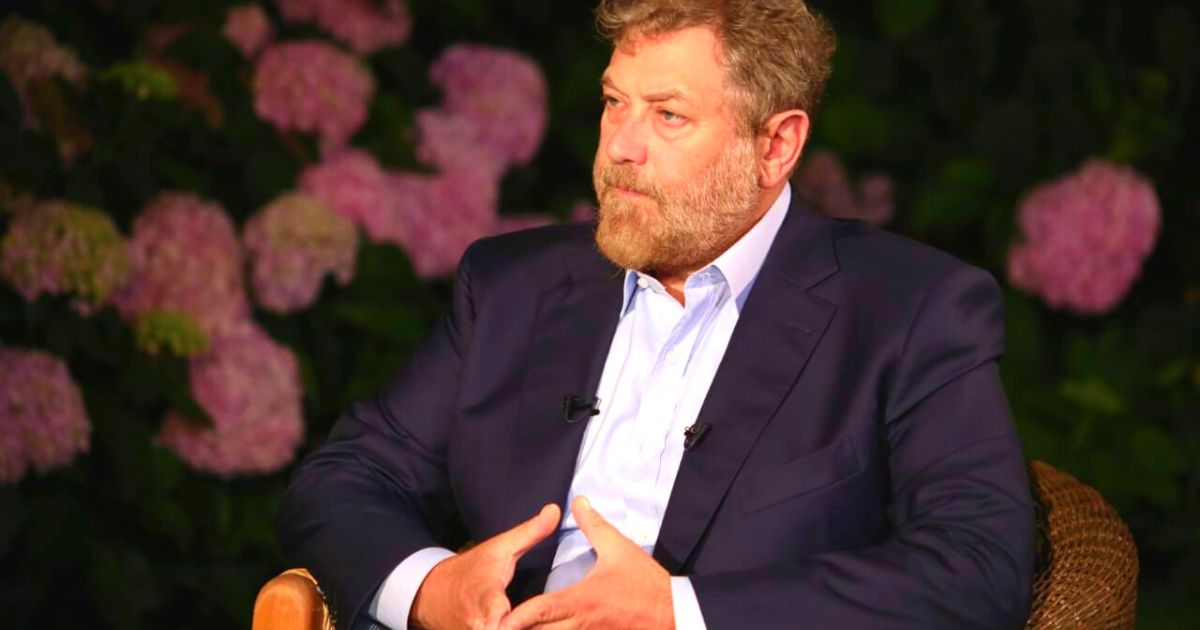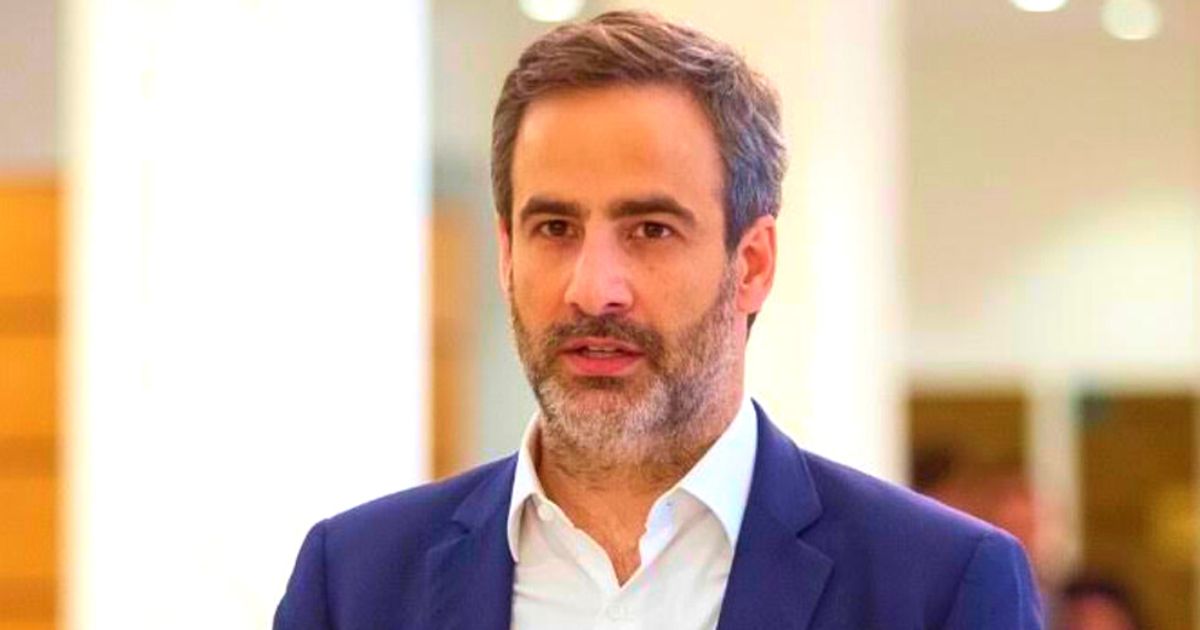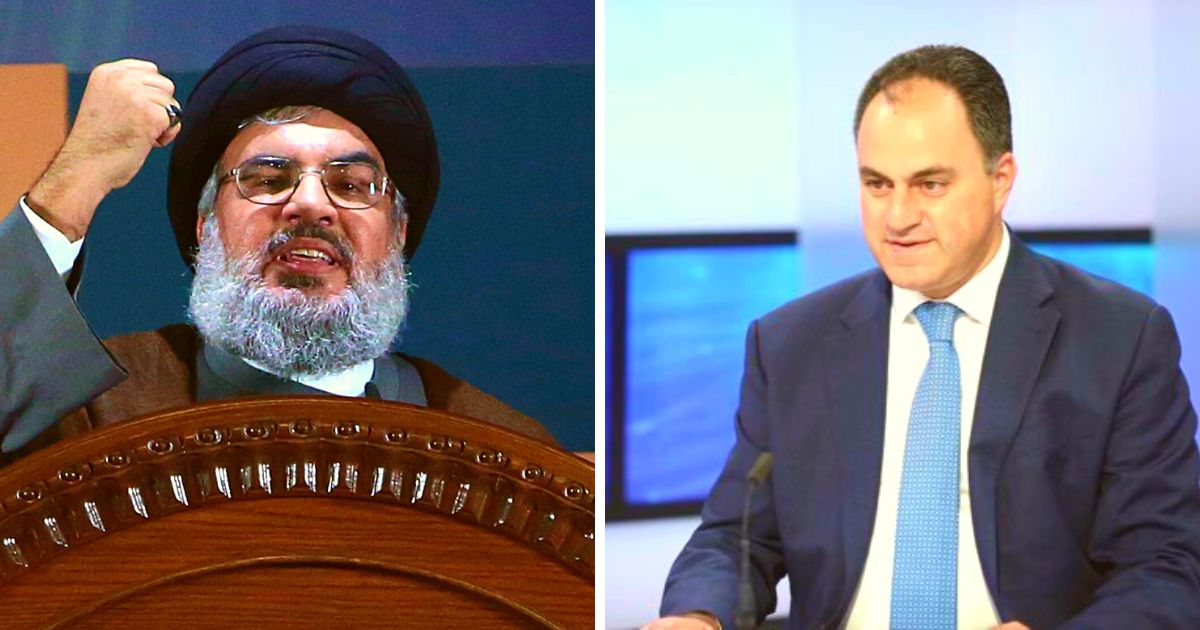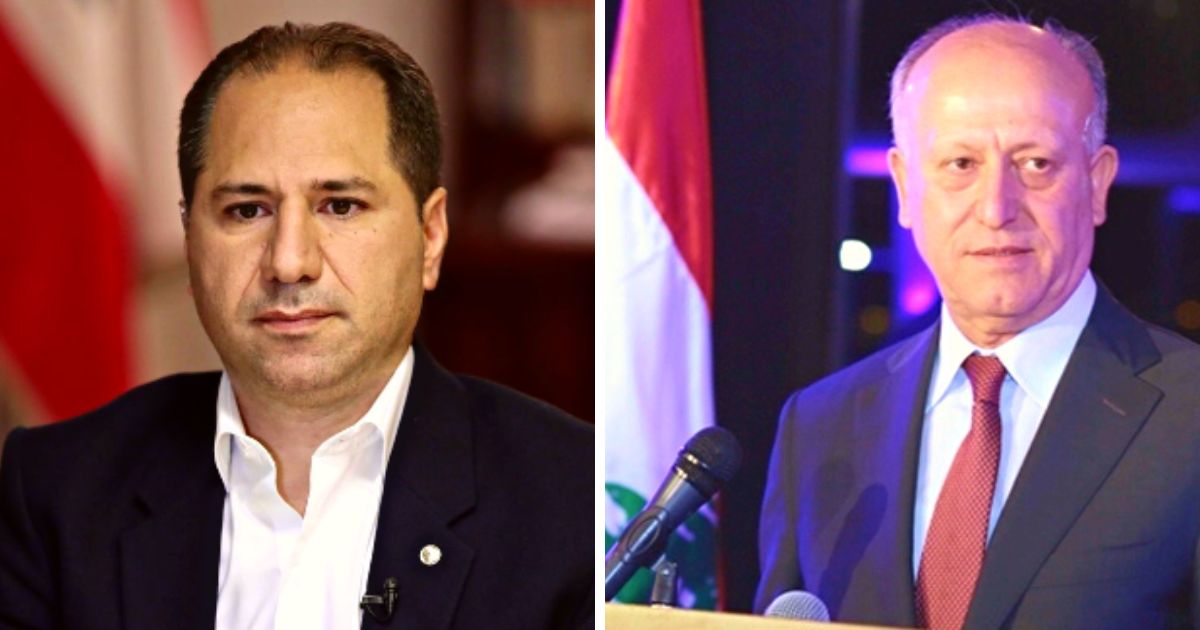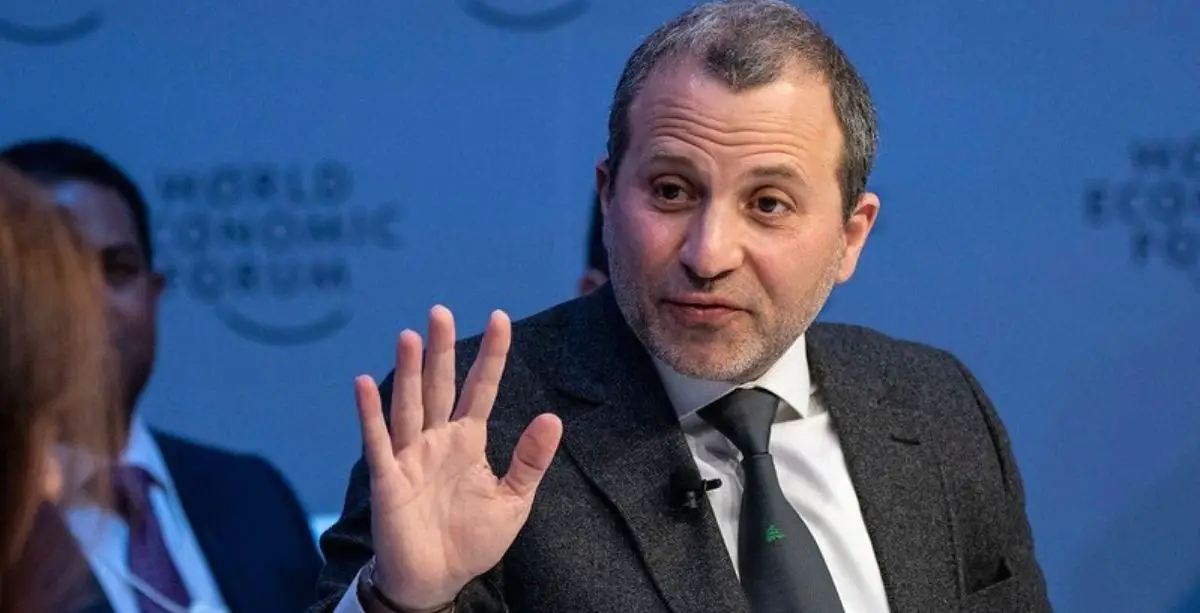In recent months, the topic of neutrality has grown in popularity in Lebanon and widened the rift between the country’s rival political powers. So, what exactly does it mean for a country to be neutral?
The modern concept of a country’s neutrality was officially defined in The Hague Convention on Neutral Powers in the case of War on Land, in 1907.
As per that definition, when a country declares its neutrality, this means that it would not participate in a war, or several wars, neither directly nor indirectly.
The main benefit of a country declaring its neutrality is that it becomes protected, by international law, from being invaded by belligerent countries.
Belligerents?
To understand the idea of neutrality, it’s important to understand what constitutes participation in a war.
A belligerent country is one that is recognized by international law to be engaged in hostile warfare or conflict.
A non-belligerent country, on the other hand, is a country that is not taking part in war through direct military combat but through support, such as supplying weapons to one side of the conflict.
While a neutral country may not participate in warfare, it still has the right to have an army and defend itself against military action from any belligerent. Switzerland is a great example of a neutral country that has a powerful military.
According to international law, belligerent countries are prohibited not only from attacking a neutral country but also from using its land or water for sending information, marching military forces, or recruiting soldiers.
On that note, it’s permissible for people living in a neutral country to fight in a war by leaving their country and joining the forces of a belligerent one.
Additionally, a country can be either permanently neutral, like Switzerland that evolves to what it is today since declaring its neutrality, or choose to be neutral on select conflicts when they occur, as Belgium did during World War 1. (Notably, its neutrality did not protect it from a German invasion).
While the rules of neutrality are not always respected by countries, especially belligerents during a war, it has proven to be a successful strategy for many countries from east to west, for decades.
What About Lebanon?
For Lebanon, a country that has often been forced to be a ground for foreign powers to settle their scores on, neutrality might serve it well.
The most notable proponent of active neutrality in Lebanon in recent times has been Maronite Patriarch Bechara Al-Rahi, whose proposition has been met with both passionate support and dissent in Lebanon.
Al-Rahi argues that Lebanon had historically been neutral until 1969 when the Cairo Agreement allowed Palestinians to engage in military operations against Israel.
He disagrees with the notion that neutrality would encourage Israel to attack since, as noted above, neutrality protects a country from invasion and attacks by belligerent countries.
With the exception of Hezbollah, which has maintained that neutrality would be harmful to Lebanon, no party in Lebanon opposes neutrality, the senior Christian cleric told Arab News.
Al-Rahi recently requested that President Michel Aoun convenes a national dialogue meeting to discuss Lebanon’s neutrality.
However, there has since been no apparent positive indication that the country would take such a path in the near future.
